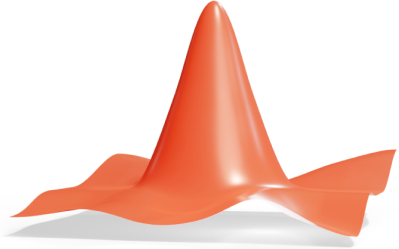Sine, Cosine and Tangent and Their Inverse Functions
Video Crash Courses
Want to watch animated videos and solve interactive exercises about sine, cosine and tangent?
Click here to try Video Crash Courses called “Sine, Cosine and Tangent”!
Note! This entry is only valid for right triangles/right-angled triangles.
The sine, cosine, and tangent of an angle are more than just buttons on your calculator! These three functions describe the relationships between two sides in a right triangle.
The three different functions—sine, cosine, and tangent—exist because there are three possible relationships. When you study their formulas, it is useful to compare them to the figure.
The relationship between the sides of a right triangle and the angles in the triangle is as follows:
Formula
Sine, Cosine, Tangent and Their Inverse Functions
Rule
Uses for Sine, Cosine, and Tangent
-
Finding the angles of a right triangle if you know two of the sides.
-
Finding the sides of a right triangle if you know one side and one angle.
Example 1
In a right triangle you know that the hypotenuse is and one leg is . You want to find the angle , which is the angle opposite to .
It is useful to draw a figure to help you.
Then you calculate
Example 2
A right triangle has a leg and angle . Find the adjacent leg to the angle .
As you know the angle and the opposite leg to the angle , it is natural to select the tangent function. You enter it into the formula and get
Example 3
Find the length of the hypotenuse in the right triangle when you know that and that angle .
You need to find the hypotenuse, and you’ve been given the adjacent leg to angle , so cosine is the best fit here. You input everything into the formula and get:






















